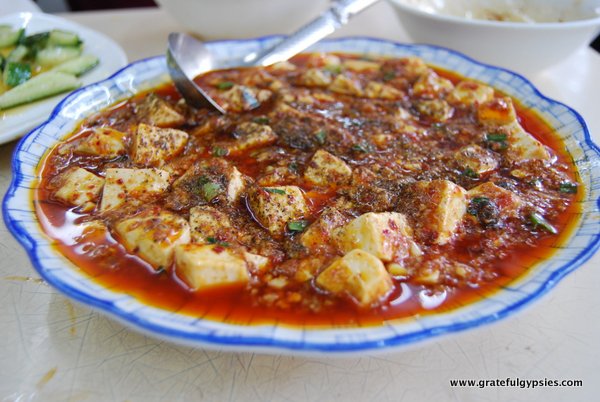English Words That Come from Chinese Posted by sasha on Mar 1, 2018 in Vocabulary
All languages borrow from other languages. English is full of loanwords from other languages. Most loanwords in English come from Latin, French, or Germanic languages. Did you know that there are also several English words that come from Chinese? We’re going to learn a few of them in today’s post!
An Introduction to Chinese Loanwords
Many of the loanwords in English that have a Chinese origin come from Cantonese and not Mandarin. That’s because most of the early contact between China and the English-speaking world came from the southern part of China where Cantonese is prevalent. At the same time, most of the Chinese immigrants to the US were Cantonese speakers. This explains the abundance of Chinese loanwords in English that come from the Cantonese pronunciation. Now that you’ve got a bit of background, let’s dive in and learn some of those Chinese loanwords!
Chinese Loanwords in English
Food
Chinese restaurants are found all over the world, so it should come as no surprise that a lot of Chinese loanwords in English are related to food. Here are a few of them in English, along with the Chinese characters, pinyin, and their origin:
wonton
bok choy
chop suey
dim sum
wok
chow mein
lychee
ketchup
馄饨
白菜
杂碎
点心
锅
炒面
荔枝
茄汁
hún tún
bái cài
zá suì
diǎn xīn
guō
chǎo miàn
lì zhī
qié zhī
Cantonese
Cantonese
Cantonese
Cantonese
Cantonese
Cantonese
Cantonese
Hokkien
It may be hard to see the similarities between the English words and their Mandarin equivalents, as most of these words are of Cantonese origin. That just goes to show you how extremely different Mandarin and Cantonese are. Perhaps the most interesting word on that list is ketchup. It’s hard to believe that something so American actually has its roots in a lesser-known Chinese dialect! Back in the day, the Chinese made a sauce from fermented fish. In the Hokkien dialect, it was pronounced as kê-chiap. English explorers discovered it, tomato was added as a key ingredient, and the sauce made its way to the American colonies. Isn’t that a fascinating story for just one English word?
Culture and Other
The influence of Chinese on English extends far beyond the kitchen. There are several Chinese words that are just too difficult to translate into English, and thus the original is used. Others have been directly translated to create new English words. Many key elements of Chinese culture are better left to be said in the Chinese way, after all! Here’s another list for you:
kungfu
mahjong
fengshui
yin and yang
coolie
gung ho
typhoon
brainwash
Long time no see
No can do
功夫
麻将
风水
阴阳
苦力
工合
台风
洗脑
好久不见
不可以
gōng fū
má jiàng
fēng shuǐ
yīn yáng
kǔ lì
gōng hé
tái fēng
xǐ nǎo
hǎo jiǔ bù jiàn
bù kě yǐ
Cantonese
Cantonese
Mandarin
Mandarin
Mandarin
Mandarin
Mandarin/Cantonese
Literal Translation
Cantonese Translation
Mandarin/Cantonese Translation
As you might expect, there are a few interesting backstories with these words as well. Take the word “brainwash,” for example. The term was first used by the People’s Volunteer Army during the Korean War. It came to be used in English as a way to describe POWs who were returning home after the war. The term “coolie” is interesting as well. If you translate the Chinese term directly, it means “bitter work.” That’s why the word was originally used to describe laborers who came from China or India to do difficult work for a cheap wage.
As you can see, Chinese has made its mark on the English language with quite a few words and expressions. Do you know of any other English words that come from Chinese? Leave a comment and let us know! We’d love to add to the list. In the meantime, be sure you’re learning a new Chinese word every day with us.

Build vocabulary, practice pronunciation, and more with Transparent Language Online. Available anytime, anywhere, on any device.






Comments:
Kevin UJCJD Symons:
Bu Shi – Not Is [or in Australian terms, bullshit. It is not true!]